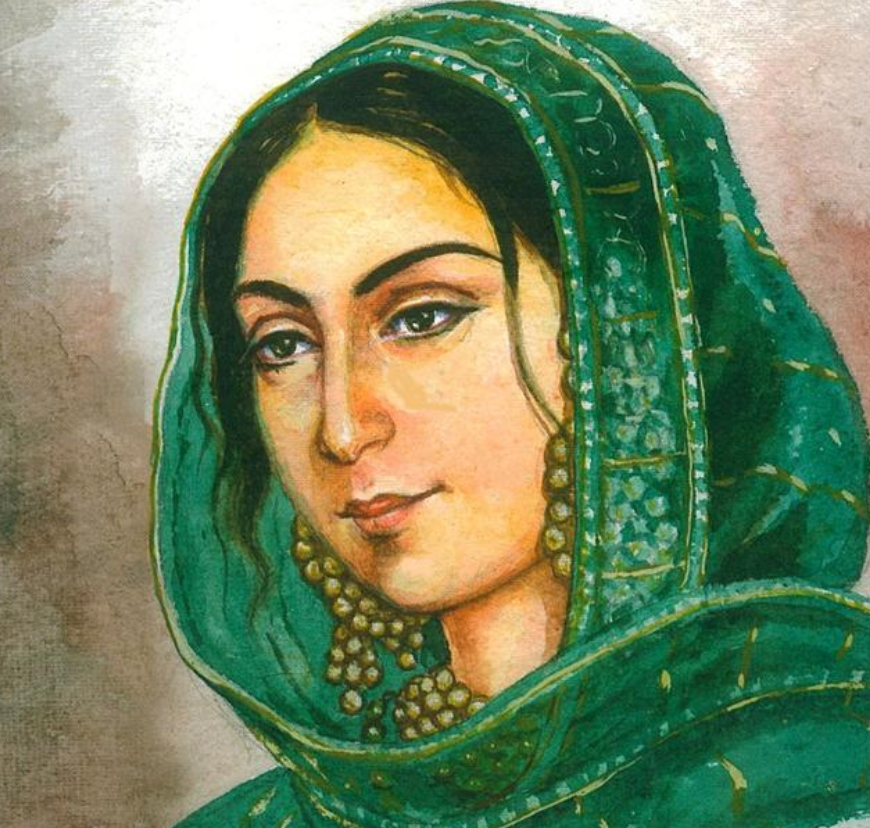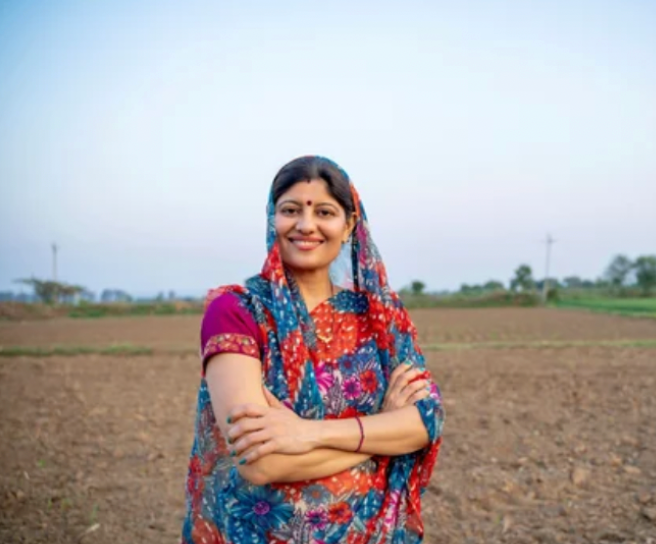
Celebrating Powerful Women in India - Women Freedom Fighters
India is gearing up for the 78th Independence Day. India's independence movement is a story of bravery, tenacity, and selflessness rooted in its people's love and patriotism. While flipping through the painful history of India's struggle for independence we often forget to recognize the contribution of the extraordinary female freedom fighters who despite the difficult circumstances of their era, were instrumental in determining our country's future.
It is impossible to overlook the role that various brave women played in the fight for independence in India, across regions. From fighting with the mighty army to organizing processions, taking to the streets, giving lectures, and holding demonstrations - these brave women freedom fighters were fiercely patriotic and brave.
This blog tells the inspiring tales of lady freedom fighters who bravely battled for their country's independence and made great sacrifices to ensure the next generations will thrive in an independent India.
The Legacy of Powerful Women Freedom Fighters of India
Let's deep dive into the lives and contributions of the powerful women in India who were essential to the Indian liberation movement.
#1 Rani Lakshmi Bai of Jhansi

The name Rani Lakshmibai, the Queen of Jhansi, is synonymous with bravery, valor, patriotism, and nationalism. One of the most prominent women freedom fighters in India, she was born in 1828 in Banaras, as Manikarnika Tambe. She married the Maharaja of Jhansi and went on to play a pivotal role in the Indian Rebellion of 1857 - a major uprising against the then-British East India Company.
One of the first prominent female freedom fighters, she bravely fought against British forces during the siege of Jhansi, demonstrating her fearless leadership and strategic acumen.
It is said that Rani Lakshmibai wore the nine-yard saree in a traditional Maharashtrian Nauvari style for her battles and wrapped a scarf around her head to shield her face from flying insects. With her infant son tied on her back, her image of bravery inspired generations of freedom fighters for India’s independence.
“Remarkable for her beauty, cleverness and perseverance, she had been the most dangerous of all the rebel leaders. The best and bravest of all.” - Sir Hugh Rose, 1st Baron Strathnairn, British Army
#2 Begum Hazrat Mahal

A prominent female freedom fighter from the same time in 1857 was Begum Hazrat Mahal, wife of Nawab Wajid Ali Sha of Lucknow. She was a well-known rebel leader in of the Rebellion of 1857.
Begum Hazrat Mahal led the uprising in Lucknow when the British East India Company seized Awadh and banished her husband to Bengal. She successfully resisted the British forces by displaying great military prowess and leadership abilities in the events that became famous as the Siege of Lucknow 1857.
Even with her head daintily covered with dupatta, her unwavering struggle for freedom in the face of many obstacles was a testament to her unbreakable spirit. She later took political asylum in Nepal rejecting the life of comfort and luxury promised by the British East India Company.
#3 Aruna Asaf Ali

Indian educator and political activist, Aruna Asaf Ali, from Kalka, Punjab was a woman freedom fighter and a prominent figure in the Quit India Movement of 1942.
Born in a Bengali Brahmin family, Aruna got educated in Lahore and Nainital. After her graduation she joined as a teacher in a girl’s school in Calcutta. She married Congress leader Asaf Ali, and became a member of the Indian National Congress.
During the Quit India Movement in 1942, Aruna Asaf Ali rose to prominence when she raised the Indian National Congress flag at Bombay's Gowalia Tank Maidan.
Always dressed in a crisp white khadi saree, Aruna was dubbed the "Grand Old Lady of the Independence Movement" for her bravery and commitment.
#4 Sarojini Naidu

The list of Indian women freedom fighters is incomplete without Sarojini Naidu, who went on to become the First Governor of The United Provinces after Indian Independence in 1947.
Dubbed the "Nightingale of India," Naidu was a poet, orator, and a key figure in the Indian
Independence Movement. Born in 1879 in a Bengali family in Hyderabad, Naidu was educated in Madras, Cambridge, and London.
As a close friend of Mahatma Gandhi, Naidu was influential in both the Quit India and Civil Disobedience movements. Moreover, Sarojini Naidu was the first female governor of an Indian state and the first female president of the Indian National Congress.
Mahatma Gandhi gave her the title "the Nightingale of India" or "Bharat Kokila" in recognition of her literary accomplishments in poetry.
Sarojini Naidu was one of the pioneers of the Swadeshi movement, where she upheld the works of Indian artisans.
“For me, Swadeshi begins with Mahatma Gandhi’s charkha but does not end there. It means reviving every art and craft of the land. It means giving a livelihood to every craftsman– the dyer, the embroiderer, the goldsmith, the man who makes tassels for your wedding…. For me, it means a renaissance of our literature, a revival of our music.” - Sarojini Naidu (1)
#5 Lakshmi Sahgal

Captain Lakshmi, also known as Lakshmi Sahgal, was a revolutionary leader who served in Subhas Chandra Bose's Indian National Army (INA).
Born in 1914, Lakshmi received her MBBS from Madras Medical College in 1938 and later worked at the Government Kasturba Gandhi Hospital, Madras. She met Subhas Chandra Bose and his men who formed the INA or Azad Hind Fauj.
She became a member of the INA in 1943. She was instrumental in the struggle against British forces in Southeast Asia as the commander of the Rani of Jhansi Regiment, the INA's women's wing. She made a lasting impact on Indian history by fighting for women's rights and social justice even after the country gained independence.
These strong women freedom fighters and their contributions to the Indian liberation movement are evidence of their bravery, tenacity, and unshakable dedication to the cause of independence.
Generations after generation are inspired and reminded of the crucial role female freedom fighters played in determining the fate of the country by their tales of bravery and sacrifice. At Huts and Looms, we honour these trailblazing women's legacy and acknowledge their lasting influence on India's history and future as we celebrate them.



